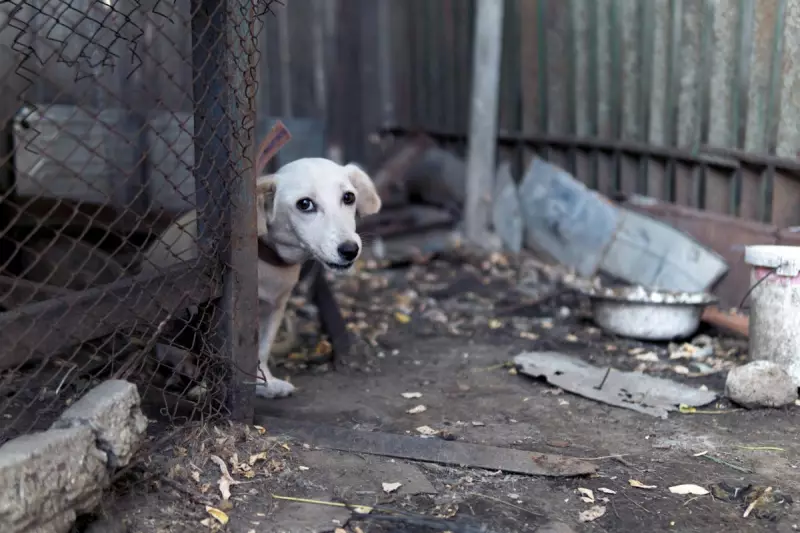
The RSPCA has sounded the alarm over a devastating surge in pet abandonments across England and Wales, with new figures revealing a 31% increase in calls about dumped animals compared to 2020 levels.
Economic Pressures Fuel Animal Welfare Crisis
As the cost of living continues to squeeze household budgets, animal welfare charities are witnessing a perfect storm of rising abandonments and declining adoption rates. The RSPCA received a staggering 20,999 reports of abandoned animals last year alone - equivalent to 57 animals being dumped every single day.
Summer Surge in Abandonments
Disturbingly, the summer months are proving particularly challenging, with July typically seeing the highest number of abandonment reports. The charity's rescue teams are responding to heartbreaking incidents daily, from dogs left tied to fences to cats abandoned in empty properties.
Regional Hotspots Revealed
London emerges as the epicentre of the crisis, recording the highest number of abandonment reports at 3,884 incidents. The data paints a worrying picture across all regions, with Greater Manchester (1,718 reports) and West Midlands (1,627) also showing alarming figures.
Rescue Centres at Breaking Point
RSPCA centres are operating at maximum capacity, with many experiencing significant waiting lists for animals needing shelter. The combination of increased surrenders and slower rehoming rates is creating unprecedented pressure on rescue resources nationwide.
Heartbreaking Case Studies
Among the recent rescues is a terrier-type dog found severely underweight and tied to a fence in Birmingham, and a ginger cat abandoned in a cat carrier in a Somerset layby. These cases represent just two of thousands of animals left to fend for themselves.
Call for Government Action
The RSPCA is urging the UK government to include animal welfare in its financial support discussions and is calling for better enforcement of microchipping regulations to help hold irresponsible owners accountable.
How the Public Can Help
Animal lovers are being encouraged to support their local rescue centres through donations, volunteering, or considering adoption. With many charities struggling, public support has never been more crucial for protecting the nation's vulnerable pets.






